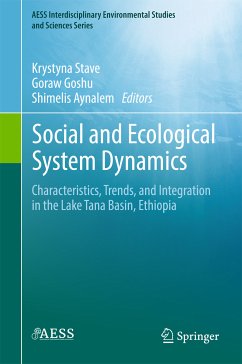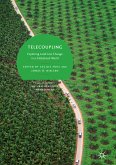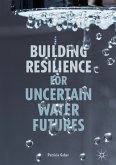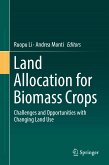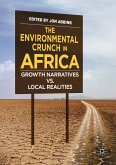This book is a social-ecological system description and feedback analysis of the Lake Tana Basin, the headwater catchment of the Upper Blue Nile River. This basin is an important local, national, and international resource, and concern about its sustainable development is growing at many levels. Lake Tana Basin outflows of water, sediments, nutrients, and contaminants affect water that flows downstream in the Blue Nile across international boundaries into the Nile River; the lake and surrounding land have recently been designated a UNESCO Biosphere Reserve; the basin has been identified as a key national economic growth corridor in the Ethiopian Growth and Transformation Plan. In spite of the Lake Tana Basin's importance, there is no comprehensive, integrated, system-wide description of its characteristics and dynamics that can serve as a basis for its sustainable development. This book presents both the social and ecological characteristics of the region and an integrated, system-wide perspective of the feedback links that shape social and ecological change in the basin. Finally, it summarizes key research needs for sustainable development.
The Lake Tana Basin is the most economically, historically, and environmentally important subbasin of the Upper Blue Nile River System. Three million people live in this headwater catchment area, most in rural areas but increasingly migrating to urban settlements, including the cities of Bahir Dar and Gondar. The region is experiencing significant population, economic, ecosystem, and social change. Urbanization, intensification of rural land use, environmental degradation, and climate change are some of the pressures that require research-based management and policy action to protect resources and promote healthy development.
There are many researchers and decision-makers focusing on the region. However, research efforts are fragmented and are often not visible or useful to decision-makers. This book addresses theneed for a coordinated approach to understanding and managing this complex social-ecological system.
Dieser Download kann aus rechtlichen Gründen nur mit Rechnungsadresse in A, B, BG, CY, CZ, D, DK, EW, E, FIN, F, GR, HR, H, IRL, I, LT, L, LR, M, NL, PL, P, R, S, SLO, SK ausgeliefert werden.

